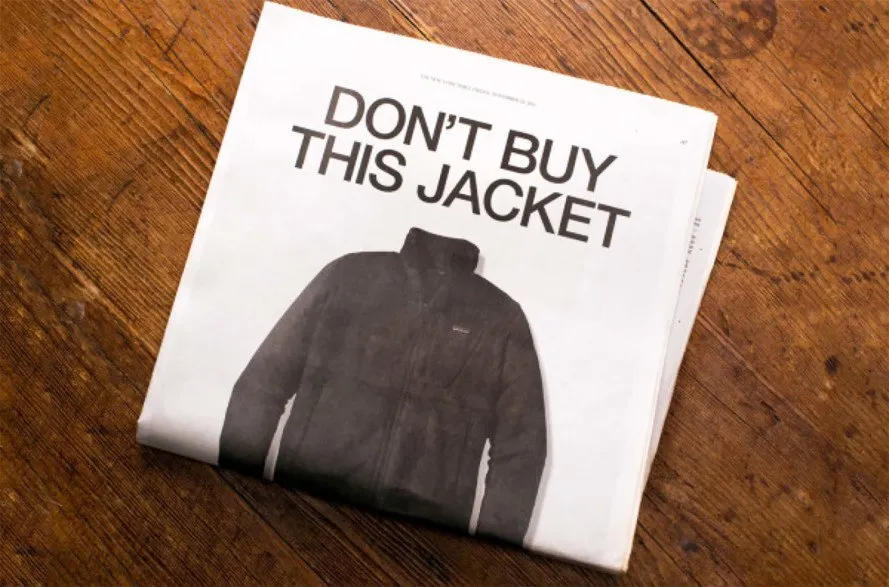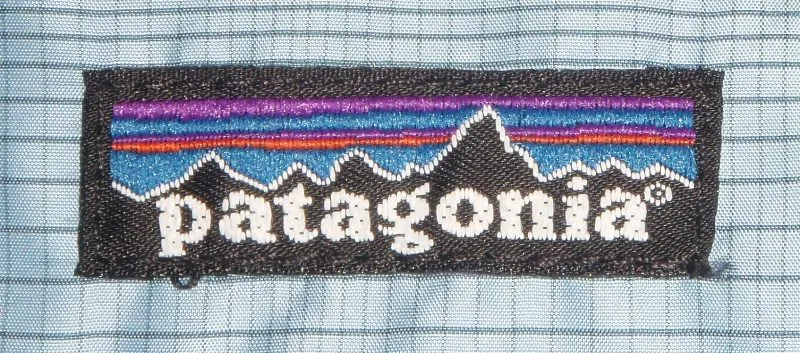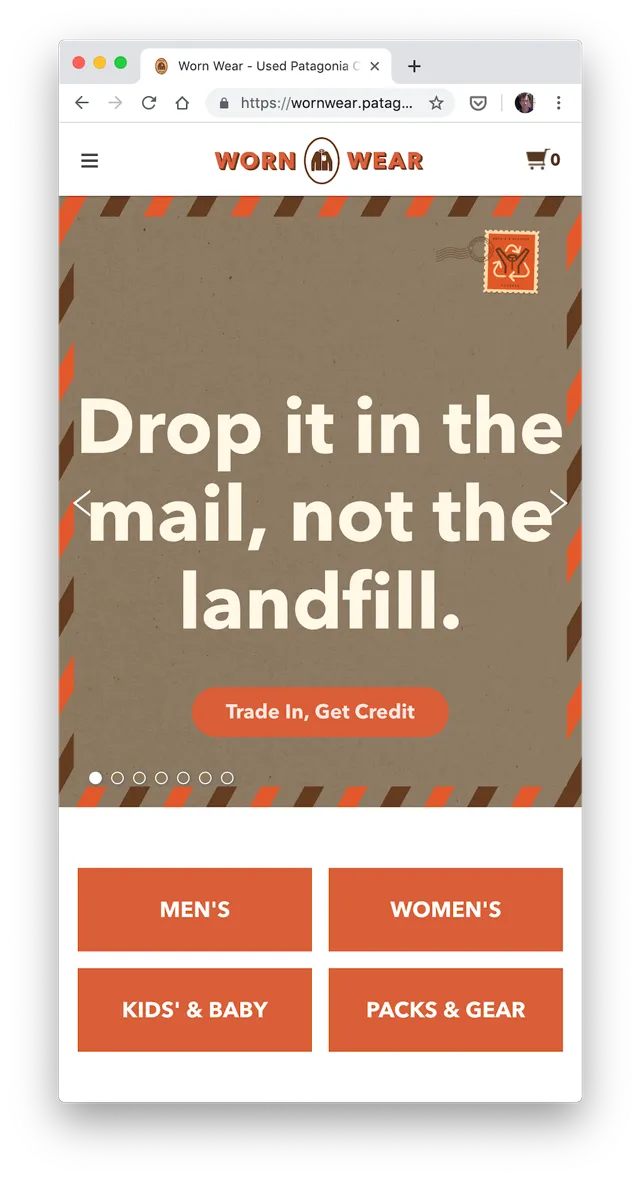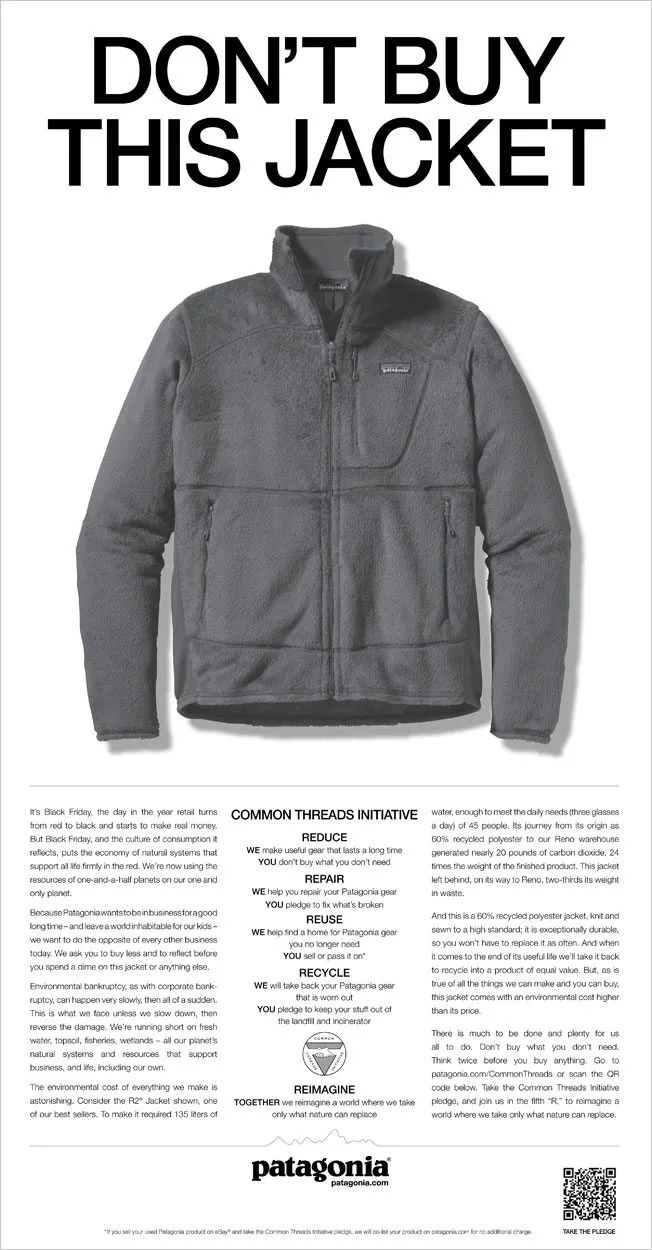Are you an Authentic Brand?

Everyone, customers, staff, investors, want authenticity from brands, but what does it mean and why does it matter?
We believe the world is a better place for everyone when brands are authentic, and when we all choose to work with/buy from authentic brands.
So what is an “Authentic Brand” exactly?
> “A brand that has an original idea, and is founded on a proposition that has genuine value for customers, that tells its story honestly and is transparent about its practices and behaviour, that walks the talk, is fair, moral and respectful of others, that is reliable and consistent over time, that stands by it’s origins and values, and is of good character - someone you can trust.”
Authentic brands inspire trust and loyalty.
Customers can emotionally invest in their success and buy their products even when there might be less expensive alternatives. Authentic brands tend to be more durable and profitable.
Why does it matter?
I think it’s fairly obvious why it matters.
Ever been let down or disappointed by a purchase or service. Read any fake news lately?
These experiences are unfortunately more common than they should be (particularly over the last 50 years or so).
So we often stick to a brand we know and trust. Brands who have lived up to their promises and satisfied our needs. We don’t try or experiment with new brands very often - unless we’re let down by that brand.
But these days we have more than enough brands to choose from that do a good, even a great job, of satisfying our material needs and wants.
It’s fair to say it’s a first-world problem, but now we, particularly newer generations, are looking for something more from brands (and the groups) that we interact with.
We’re looking for something more than satisfying a need, quenching a thirst or filling the tummy. We’re moving on to more esoteric needs.
The need to belong, the need to learn, to make the world a better place, to teach, to express ourselves genuinely, to celebrate our uniqueness, to achieve enlightenment.
We’re also realizing that consumption and growth at all costs, does indeed have a terrible cost to us personally and for the environment. In fact, we’re starting to turn away from unbridled consumption and starting to question our desires for more, bigger, cheaper, faster.
- Authentic
- Local
- Smaller
- Less (is more)
- Planet-friendly
- Honest
- Radical Transparency
- Respectful
- Natural
- Organic
- Open
These are the aspirations that are inspiring the new consumers of today.
To that end, customers are seeking out brands that align with their moral compass, with their values and their beliefs.
More importantly, customers are more accepting of a different view of things, different ways of thinking, different cultures, different ways of behaving - and that’s all ok provided you’re not hurting others - the world is much closer together now.
So when we look at brands we’re looking for alignment of values, genuineness, and a bit of character - a point of view or a standpoint we can get behind. We’re looking for authenticity.
For the large conglomerate brands that want to be all things to all people, I see a difficult future ahead. These brands or companies are rarely authentic in the way I have defined an Authentic Brand above.
We’re seeing a boom in smaller authentic brands with Brands like Allbirds, Patagonia, Buffer, etc. And we’re starting to see conglomerates (often retail brands) start to look quite unattractive.
I count the likes of, Walmart, The Warehouse, Facebook in this group. But you could also include Google, Amazon, Microsoft. What do these companies really stand for today (cute taglines aside)? Even perennial fave Apple is starting to lose its authenticity.
So let’s take a brief look an Authentic Brand.
An example of an Authentic Brand

Patagonia is a brand that makes and sells clothing and bags.
Their tagline and mission statement is a little different from most apparel brands and it’s a genuine mission, which company-wide they are fully engaged in. They are an Authentic Brand.
From the beginning, Patagonia’s mission statement has informed everything the company does.
> We’re in business to save our home planet.
From its culture to product design and manufacturing, to its marketing messages.
> ‘At Patagonia, we appreciate that all life on earth is under threat of extinction. We aim to use the resources we have—our business, our investments, our voice and our imaginations—to do something about it’.
How does Patagonia authentically fulfill its mission and instill a sense of authenticity in its endeavors?
- Invests in renewable energy
- Has a ‘Drive-Less’ program that gives a monetary incentive to employees to not drive alone to work.
- Developed the Chemical and Environmental Impacts Program to manage chemicals and environmental impacts of their global supply chain.
- Builds durable products and where possible use raw materials that cause less environmental harm.
- Donates 1% of its sales to grassroots environmental groups around the world.
- Promotes fair labor practices and safe working conditions throughout their supply chain.
- Actively campaigns for environmental causes like preserving America’s national parks
Here’s a link to their mission statement
Another way Patagonia ensures its product and marketing efforts are aligned with its mission is its Worn Wear program.
This program allows consumers to buy and sell used Patagonia garments and educates customers on how to help their gear last. Their goal is to ensure their clothes last longer and to reduce overall consumption in the process. Helping fulfill their mission.

In 2011, Patagonia ran a full-page ad on Black Friday that read “Don’t Buy This Jacket”.
The ad copy laid out the profound toll the construction and distribution of this jacket has on the environment. The ad asked consumers to think about the environmental impact of consumerism.

See this story in Patagonia’s own words here.
Patagonia saw its revenues grow about 30 percent to $543 million in 2012, followed by another year of 6 percent growth in 2013.”
Patagonia is and remains an authentic brand living by its core values. Values that resonate with it’s growing number of loyal customers who buy into Patagonia’s mission.
How do you become an Authentic Brand?
First of all, recognize what it takes to be an authentic brand.
Then take a good hard look in the mirror.
If you feel like you’re faking it or are pursuing a copycat strategy - it’s most likely time to make some changes.
Start with yourself. Are you being true to yourself? If you’re in the wrong job, the wrong profession, the wrong company - it’s up to you to get out and get yourself in the right place.
Then take a look at your brand. The principals are much the same. Is the brand, the company being honest about what it delivers, being true to itself. Is it being, acting, behaving and communicating authentically?
If not, it’s time to make some changes to all of those things and get your team aligned behind an authentic mission and messaging.
Think about adopting our B Authentic Code of Practice
Only then can you start establishing a core origin story and mission for your brand and infuse that in everything you do.
Slowly but surely, you too can be an authentic brand.
The world needs that.
End.
Further Reading:
Are you an Authentic Brand?
Are you an Authentic Brand? Everyone, customers, staff, investors, want authenticity from brands, but what does it mean and why does it matter?


